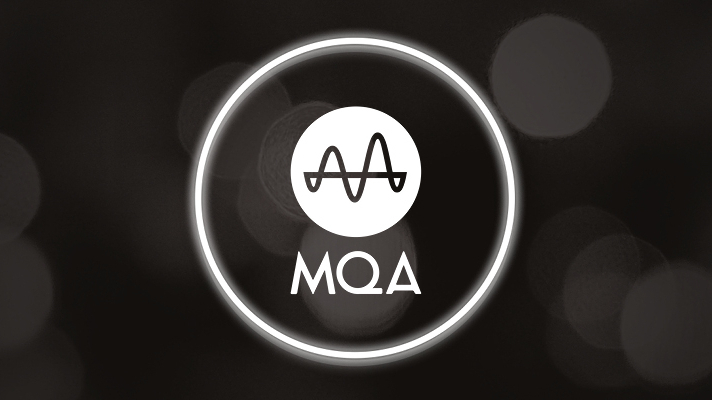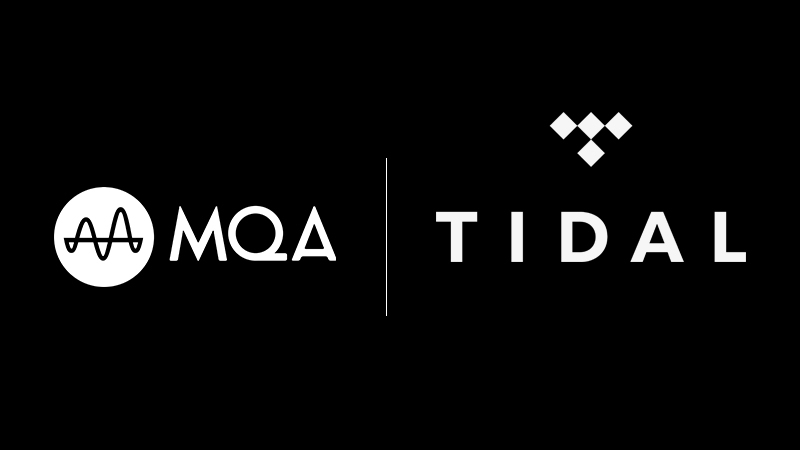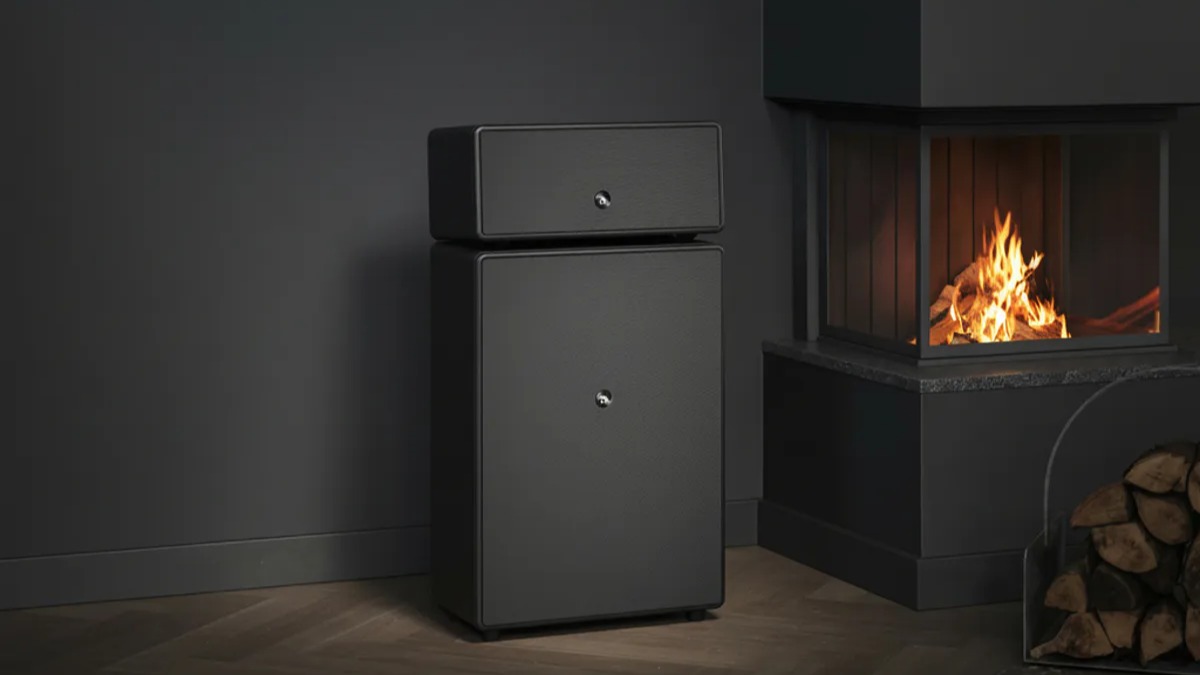At last! Lenbrook Group unveils its plans for the future of MQA lossless streaming
MQA's uncertain future just became a lot clearer

The future of MQA has finally been made slightly clearer, with owner Lenbrook confirming what it plans to do with the technology.
MQA famously went into administration last year, causing uncertainty among Tidal users regarding the future of the platform's MQA-enabled hi-res audio streams. It was then bought by Lenbrook mere months later, which then went radio silent on its plans for the company and its technology, until this week.
Announcements include the formation of MQA Labs and newly branded "Airia", Foqus" and "Qrono" initiatives, which aim to "bring audio processing enhancements across the music supply chain".
Lenbrook bills Airia as its most exciting innovation. Previously known as SCL6, the new codec aims to provide the best resolution possible, regardless of bandwidth availability. Now working under its new "Airia" moniker, the technology was conceived to "transform audio across wireless connections."

Less has been revealed about its Foqus and Qrono plans or how they work. All we currently know is that Foqus focuses on improving analogue to digital conversion and Qrono aims to bring a variety of audio processing enhancements to playback devices.
Lenbrook reports it has successfully run pilots using Airia as a distribution codec for a variety of clients, including third-party streaming services. The brand expects to have all three working with partners commercially by 2025.
The Canadian brand has also made assurances that all of these new players are distinct technologies that operate separately from the established MQA codec, as Airia, Foqus or Qrono don't result in, or require, MQA-encoded files. That said, the original MQA codec will be kept as a product family within MQA Labs' portfolio, with licensees continuing permissions to support and render MQA-encoded content.
The latest hi-fi, home cinema and tech news, reviews, buying advice and deals, direct to your inbox.
Per Gordon Simmonds, CEO of The Lenbrook Group: " “These developments confirm our instincts around this team and the value of the (MQA) IP. The creation of MQA Labs and its newest product families reflect Lenbrook’s passion to improve the whole audio chain and bring the highest quality recording, distribution and playback technologies to benefit the entire speciality audio industry and its fans".
Let's see how that plays out...
MORE:
MQA audio: what is it? How can you get it?
MQA has gone into administration: what does this mean for Tidal and supported products?
Read our full Tidal review

Harry McKerrell is a senior staff writer at What Hi-Fi?. During his time at the publication, he has written countless news stories alongside features, advice and reviews of products ranging from floorstanding speakers and music streamers to over-ear headphones, wireless earbuds and portable DACs. He has covered launches from hi-fi and consumer tech brands, and major industry events including IFA, High End Munich and, of course, the Bristol Hi-Fi Show. When not at work he can be found playing hockey, practising the piano or trying to pet strangers' dogs.
